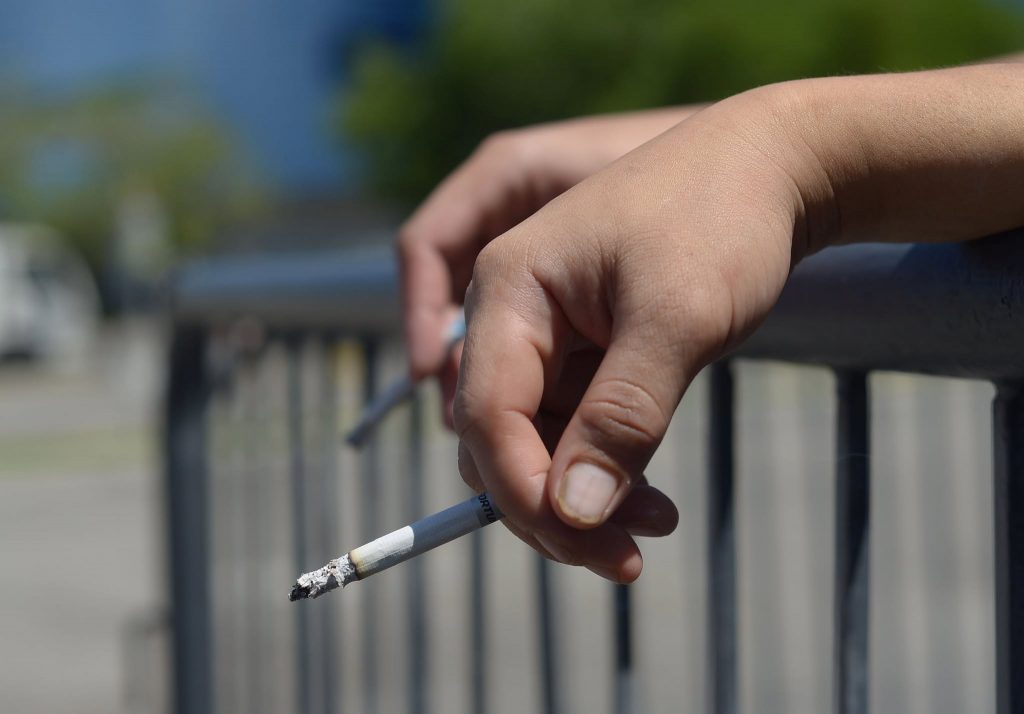
THE CITY celebrated the 23rd year of the anti-smoking campaign on Thursday, May 29, in line with World No Tobacco Day.
Hernando Las, Vice Regulations Unit head, said this is more than a commemoration, but the city’s reaffirmation of commitment to public health.
The anti-smoking campaign started in 2002 under the leadership of former President Rodrigo Roa Duterte, and the city was one of the first to ban smoking in public places.
Mayor Sebastian Duterte said in a message delivered by Las, public health remains one of the top priorities of the city government, fostering a “smoke-free” city.
“The city, through the Vices Regulation Unit, continues to strictly implement the Anti-Smoking Ordinance, ensuring that a smoke-free future is attainable in Davao City,” he said.
Las said that since the amendment, the VRU has been strictly implementing the policy, reporting a collection of P5 million combined with the violators for sobriety and liquor ban, as of April 2025.
The amendment, which was passed in the 20th City Council, following the proposal of Councilor Luna Acosta, the committee on peace and public safety chair.
The amended law provided higher penalties on smoking and vaping in public places, amounting to P3,000 in the first offense, to prevent minors from engaging in such acts.
City Anti-Drug Abuse Council study showed that children exposed to smoking at a young age are highly susceptible to using drugs later on.
Among the key provisions is the prohibition of the sale, distribution, and marketing of tobacco and related products to minors; strengthening smoke-free zones in areas where the youth live, learn, and gather-such as schools, parks, and recreational spaces, and requiring the presentation of ID for individuals looking underage, to deter and regulate the selling of alcohol and cigarettes to minors.
“This reflects a proactive stance in recognizing that early exposure to smoking leads to long-term health consequences and addiction,” Acosta said in her message during the event.
“These measures are not merely regulatory-they are a reflection of our shared responsibility to protect our children and to cultivate a culture of prevention, wellness, and accountability,” she added.
